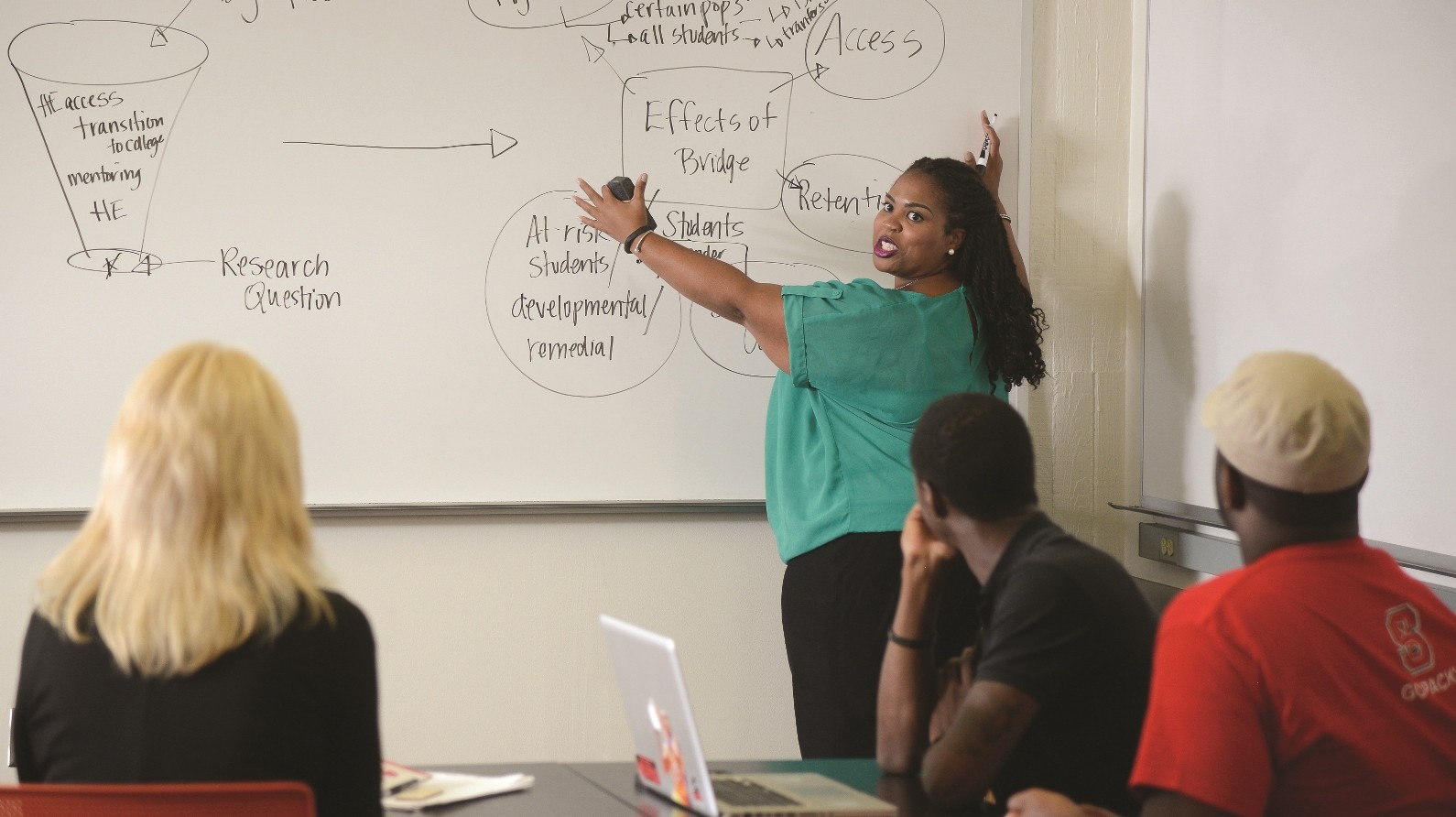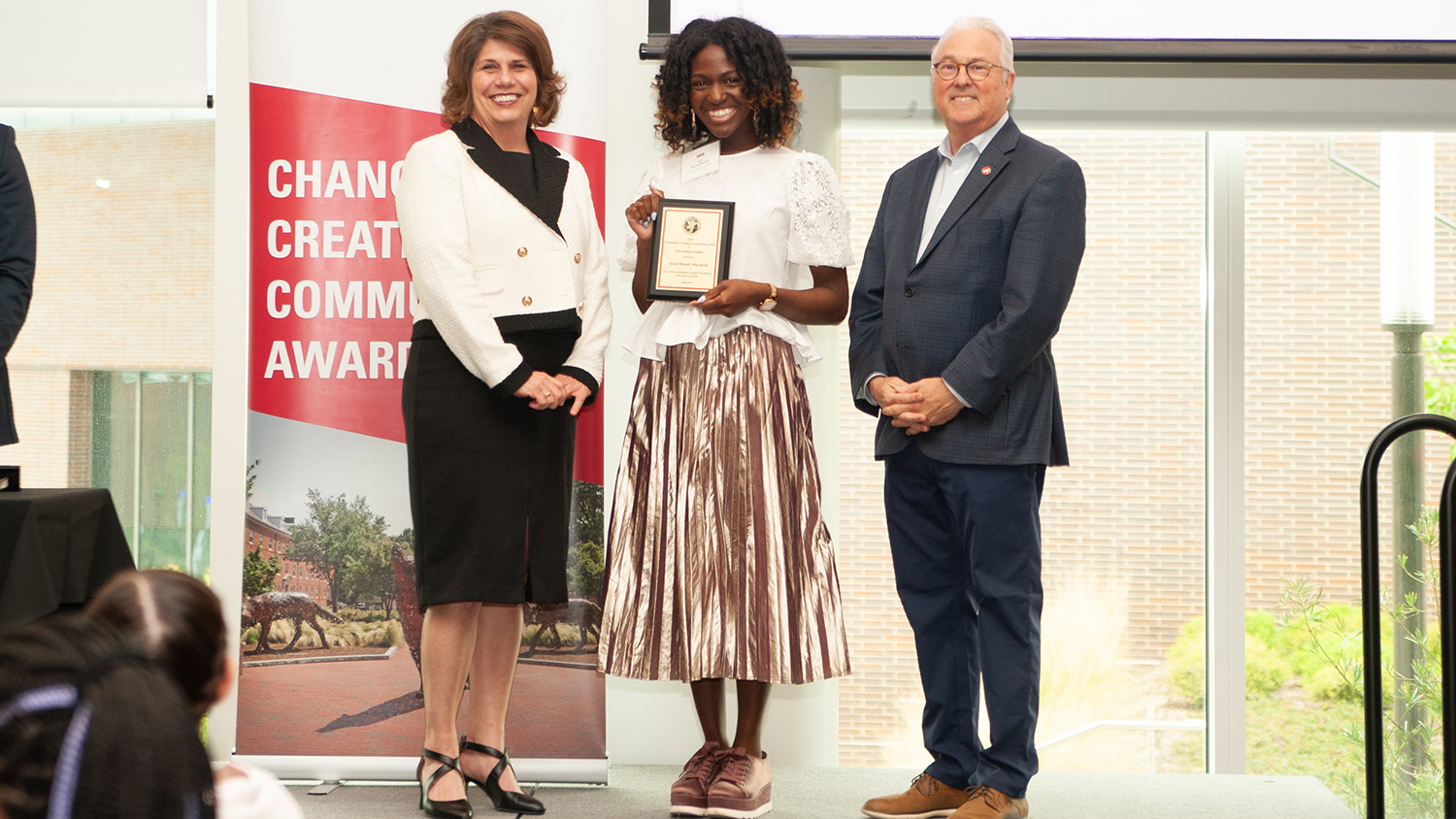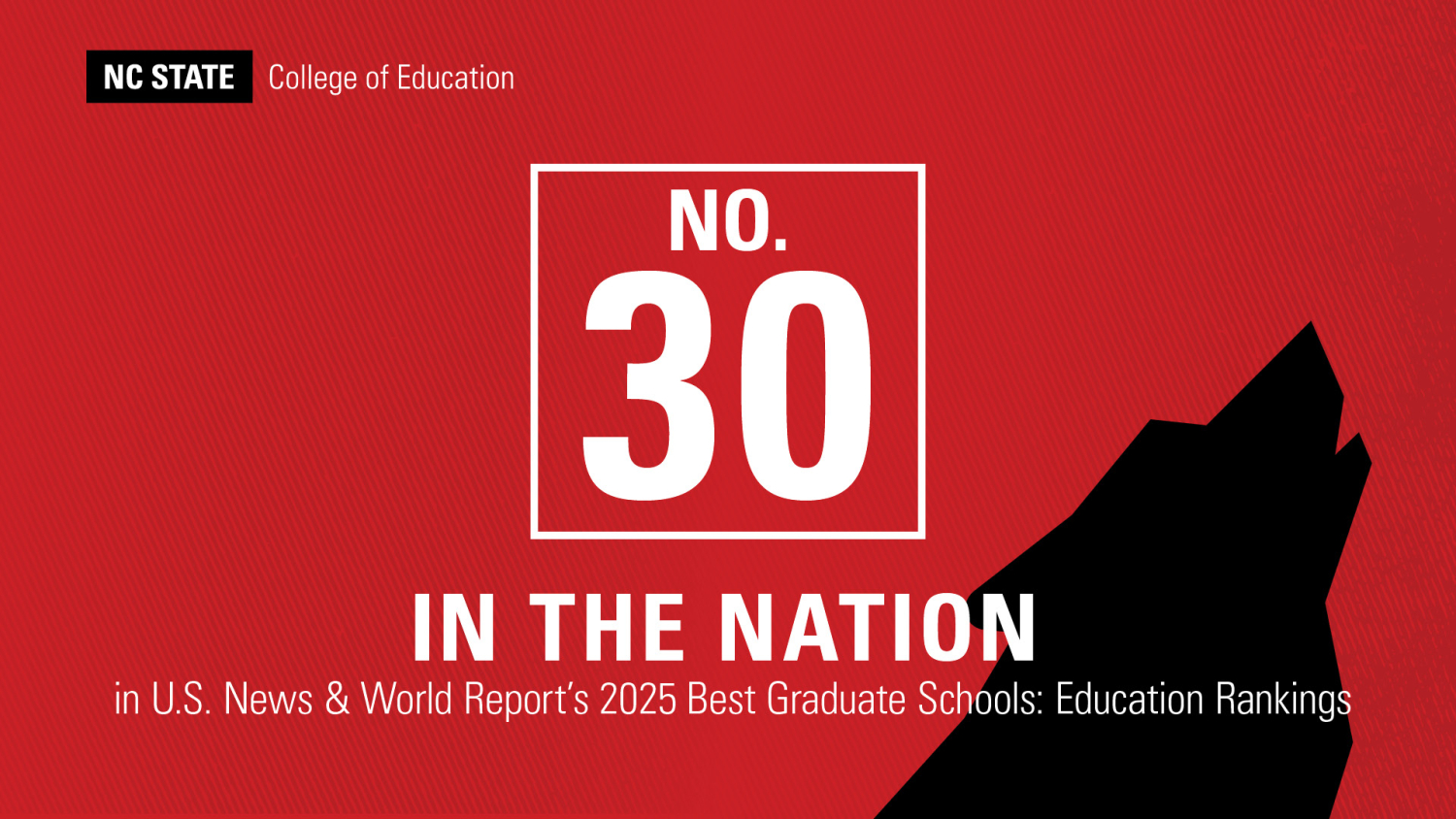Network Partnership Will Promote Innovative Teaching

As NC State University celebrates Graduate Education Week, the Graduate School announces that it has joined the Center for the Integration of Research, Teaching and Learning (CIRTL), established in 2003 with support from the National Science Foundation to improve teaching skills and increase the diversity of future university faculty in science, technology, engineering and mathematics (STEM) fields.
NC State is among 25 new members joining CIRTL during a recent expansion that more than doubles the network’s membership to 46 universities. Like NC State, all of CIRTL’s members commit to developing local learning communities that promote proven teaching and mentoring techniques for STEM graduate students. At NC State, the program will be based in the Graduate School, which currently offers professional development opportunities to help students develop strong teaching skills.
“The Graduate School is so pleased to be part of the CIRTL network, which will give our students even greater access to teaching resources across the country,” said Dean Maureen Grasso of the Graduate School
Dr. Tom Gower, head of the Forestry and Environmental Resources Department, will lead CIRTL at NC State for the first two years. Gower was a member of the group that developed the CIRTL proposal for NC State, along with Dr. David Shafer, assistant dean of the Graduate School; Dr. Miriam Ferzli, teaching associate professor in biological sciences; and Dr. Beth Overman, formerly of the Graduate School.
Gower will oversee an advisory committee that will create a CIRTL program, building on courses and training already available through the Graduate School and across the university, and through programs at other CIRTL institutions.
Being part of the CIRTL network will enhance education at NC State and beyond for both undergraduates and graduate students, Gower said.
“Undergrads will benefit through more innovative teaching in the classroom,” he said. “Graduate students and postdoctoral scholars will benefit from better training in teaching.”
As a new CIRTL member, NC State will develop its own program built on the CIRTL core ideas: Teaching-as-research, learning communities and learning-through-diversity.
Teaching-as-research refers to the practice of implementing new approaches to teaching, then measuring the impact and publishing the results, Gower said. “Faculty members have always played around with their goals in the classroom – this adds the discipline of testing those ideas out and reporting on the results,” he said.
In recent years, Gower has been interested in education innovation, and he is a co-recipient of a National Science Foundation Ideas Lab grant to promote quantitative sciences in natural sciences, as well as renewing a national dialogue on rewarding faculty for outstanding education. He has been involved in developing a series of education innovation classroom case studies and curricula that emphasize student-centered learning.
In its proposal to join CIRTL, NC State proposed creating a one-week Experiential Learning Institute to prepare and train future faculty members to create transformative learning environments that will better prepare university students for the 21st century workforce. Phases II and III of CIRTL at NC State will add online institutes and community partnerships.
During the planning year, Gower said NC State’s CIRTL team that includes Shafer and Ferzli will identify faculty interested in serving on a CIRTL advisory board and begin to spread the word to the campus community. The committee’s role also will be to help connect graduate students and postdocs with the resources of CIRTL, both at NC State and beyond.
With this latest expansion, CIRTL member universities now produce one-third of U.S. doctoral degrees in STEM fields. As members, these universities commit to developing local learning communities that promote proven teaching and mentoring techniques for their STEM graduate students.
- Categories:


